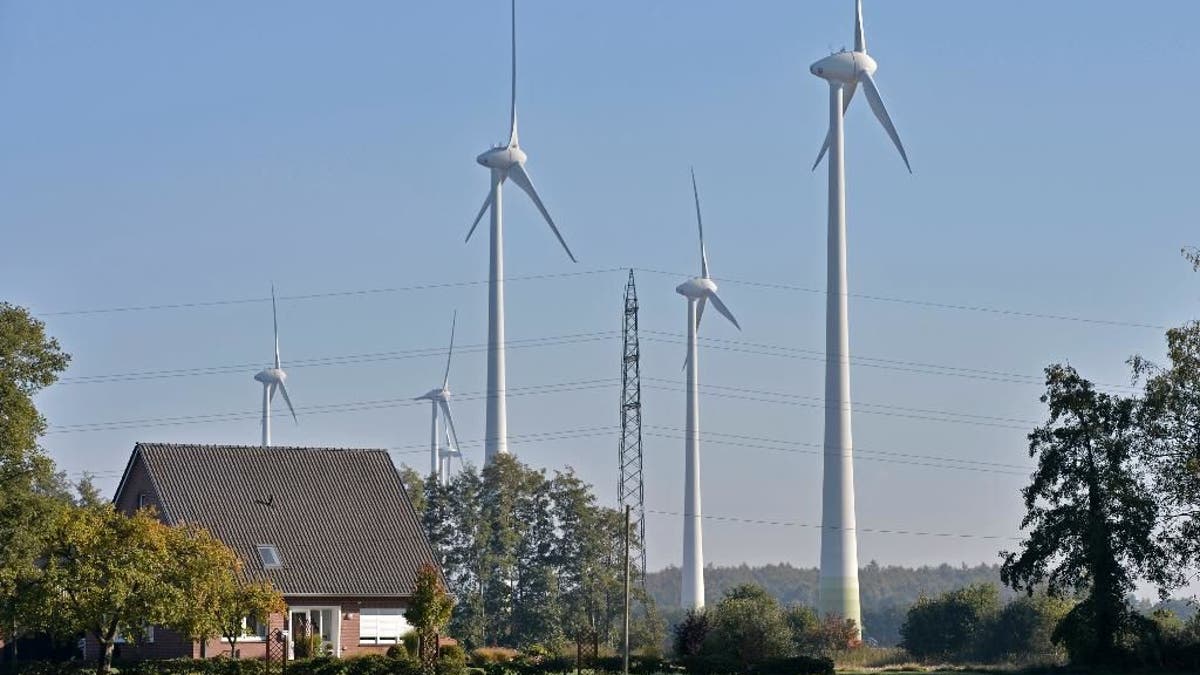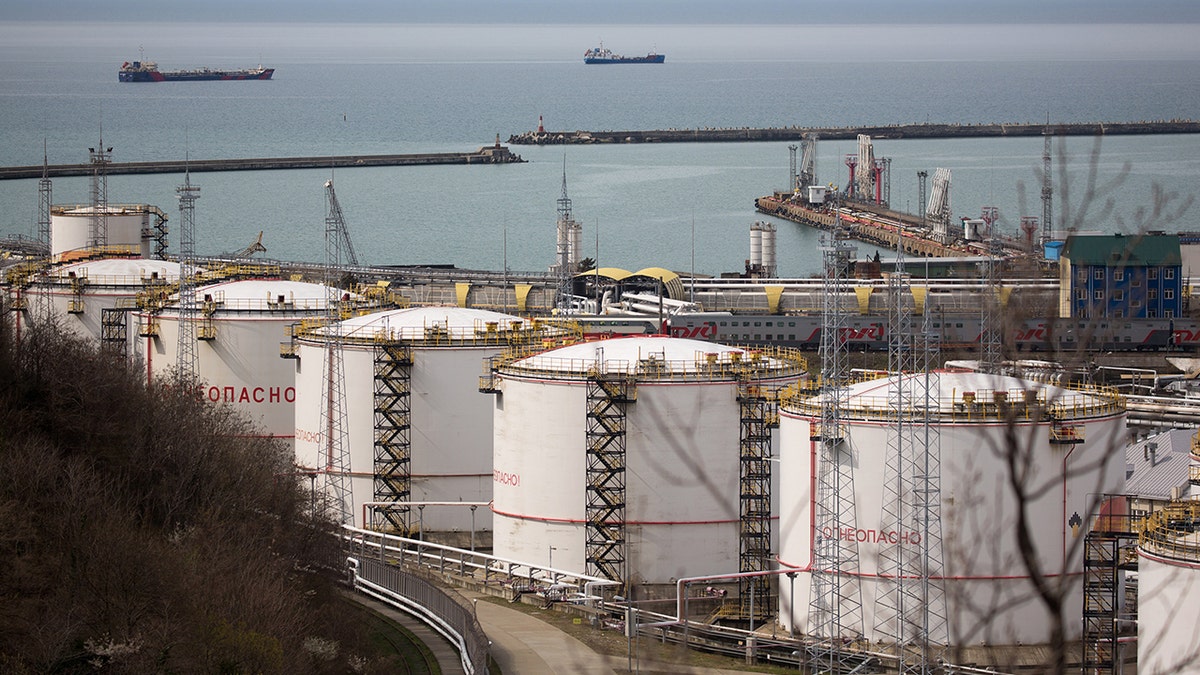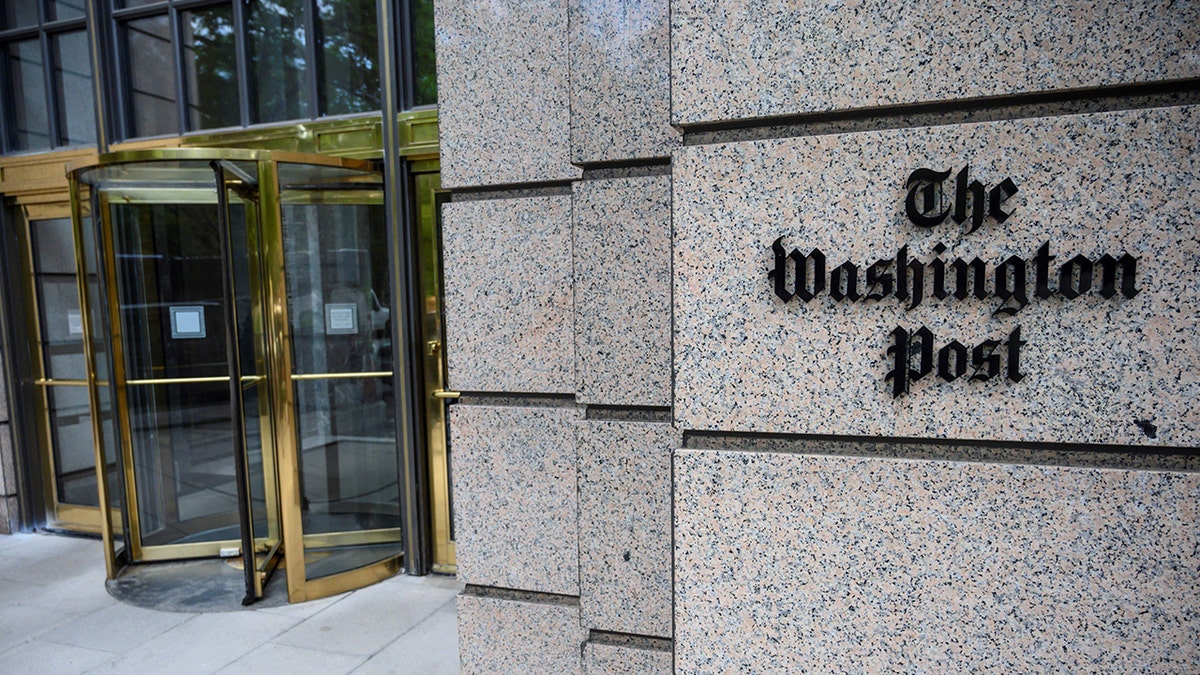National gas price soars over 5 dollars per gallon
Fox News White House correspondent Peter Doocy covers inflation and doubts about President Biden's leadership of the Democratic party moving into 2024 on 'Special Report.'
Evan Halper, a business reporter for the Washington Post, argued Tuesday that "America is struggling to meet the moment," regarding a transition to green energy in the midst of rising gas prices. He called on U.S. policymakers to do more to prop up the so-called green economy.
Halper, whose "work focuses on the tensions between energy demands and decarbonizing the economy," explained why, in his view, "an energy crisis and $5 gas aren’t spurring a green revolution," as was his hope.
"The United States is struggling to squeeze opportunity out of an energy crisis that should have been a catalyst for cleaner, domestically produced power," he wrote.
He continued, "After decades of putting the climate on the back burner, the country is finding itself unprepared to seize the moment and at risk of emerging from the crisis even more reliant on fossil fuels."
‘BOND KING’ JEFFREY GUNDLACH URGES FED TO RAISE RATES TO 3% IMMEDIATELY

FILE - In this Oct. 12, 2012 file photo, the windmill of windfarmer Jan Marrink is pictured in Nordhorn, Germany. (AP Photo/Martin Meissner,file)
Halper speculated that "energy shortages prompted by Russia’s unprovoked invasion of Ukraine and high gas prices driven by inflation threaten to make the energy transition an afterthought — potentially thwarting efforts to keep global temperature rise under 1.5 degrees Celsius."
He also worried, "The challenges are further compounded by plans to build costly new infrastructure for drilling and exporting natural gas that will make it even harder to transition away from the fossil fuel."
He approvingly cited climate envoy John Kerry, who faced criticism recently for suggesting that "we absolutely don’t" need to drill for more oil amid rising gas prices.
Kerry, he wrote, "suggested that nations are falling prey to a flawed logic that fossil fuels will help them weather this period of instability."
MAY RETAIL SALES UNEXPECTEDLY DECLINE AS SIZZLING HOT INFLATION WAYS ON SPENDING
Halper pointed to incompetence as another reason for the failure to transition to ‘green energy’.
"The country’s lofty goals for all carbon pollution to be gone from the electricity sector by 2035 and for half the cars sold to be electric by 2030 are jeopardized by years of neglect of the electrical grid, regulatory hurdles that have set projects back years, and failures by Congress and policymakers to plan ahead," he wrote.

Oil storage tanks stand at the RN-Tuapsinsky refinery, operated by Rosneft Oil Co., as tankers sail beyond in Tuapse, Russia, on Monday, March 23, 2020. Photographer: Andrey Rudakov/Bloomberg via Getty Images
He argued that "lawmakers have balked for more than a decade at making most of the fundamental economic and policy changes that experts widely agree are crucial to an orderly and accelerated energy transition."
He further lamented, "The United States does not have a tax on carbon, nor a national cap-and-trade program that would reorient markets toward lowering emissions."
"The unraveling in Congress of President Biden’s $1.75 trillion Build Back Better plan has added to the head winds that green-energy developers face," he claimed.
Halper also pointed to a slow-down in projects for solar-panel installers, which he attributed to "a Commerce Department investigation into alleged tariff-dodging by Chinese manufacturers."
He wrote that transitioning to ‘green energy’ has been difficult because "adding clean electricity to the power grid has become an increasingly complicated undertaking, given the failure to plan for adequate transmission lines and long delays connecting viable wind and solar projects to the electricity network."

Evan Halper wrote "Why an energy crisis and $5 gas aren’t spurring a green revolution" in The Washington Post on June 14, 2022. (ERIC BARADAT/AFP via Getty Images)
The author cited a European think tank which found that "record growth in wind and solar last year was outpaced by the world’s rising demand for energy."
CLICK HERE TO GET THE FOX NEWS APP
Halper noted that a "new report by Bloomberg New Energy Finance finds that the United States and other countries need to dramatically step up production to meet their goal of making all transportation carbon-neutral by 2050." He added that this "would require zero-emission cars and trucks to make up 61 percent of all vehicles sold worldwide by 2030."
Critics of Halper’s approach argue that carbon taxes and regulations amount to heavy-handed government intervention in the economy. Such interventions, they contend, lead to less freedom and decreased wealth and efficiency.











































